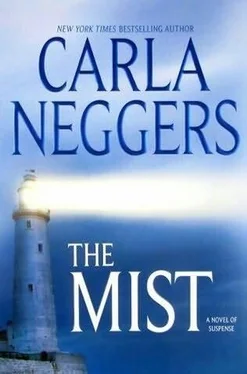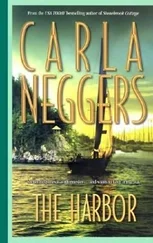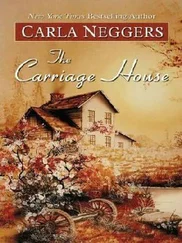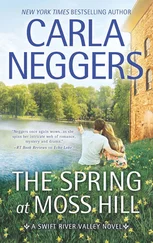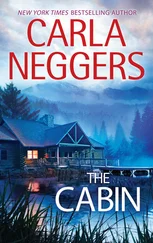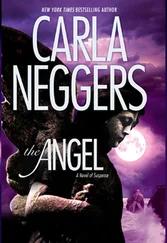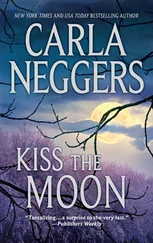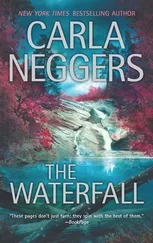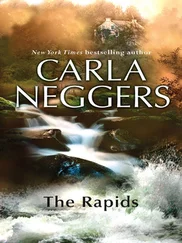An accident, according to Irish authorities and John March, the young Boston detective who’d looked into her death, later to join the FBI and become its director.
Lizzie shut the car trunk, questions coming at her all at once.
“Resist speculating,” her father had told her time and time again. “Discipline your mind. Focus on what you can do.”
Easier said than done when knives, bombs, FBI agents and spies were involved, but she would do her best.
A horned sheep baaed at her, and she baaed back.
“There,” she said with a laugh. “I could just stay here and talk to the sheep.”
She remembered having formal tea with her grandmother, Edna Whitcomb Rush, a stern but kind woman who had never expected to help her older son raise a daughter. She’d tried to explain why Lizzie’s father had to be away for long periods. “He’s a scout for new locations and ideas for our hotels.”
Ha. A scout.
Harlan Rush was a spy, and he’d taught his daughter everything he knew.
Lizzie abandoned the sheep and climbed back into her car, started the engine and continued along the dark, isolated road. She glanced in her rearview mirror.
Still no sign of the garda or Will Davenport on her tail.
At least not yet.
Boston, Massachusetts
4:25 p.m., EDT
August 25
Simon ran his fingertips over a colored pencil sketch Keira had done of the ancient Celtic stone angel she still swore she’d seen on the hearth of a ruin in the southwest Irish hills.
There’d been a black dog that night, too.
She and that village were quite the combo.
She’d given the sketch to Fiona O’Reilly, who’d taped it onto the far wall of the chandeliered drawing room where she and her friends often gathered to play Irish music, courtesy of Owen Garrison, whose family had owned the elegant Beacon Hill house for more than a century. The sparsely furnished first-floor room was used for meetings and functions. The offices of the Dorothy Garrison Foundation, established in memory of Owen’s sister, were on the second floor. Owen was just eleven and Dorothy Garrison just fourteen when she’d drowned near their family summer home off the coast of Maine. Their distraught parents had relocated from Boston to Austin, Texas. After a stint in the army, Owen founded Fast Rescue, a highly respected nongovernmental organization that provided rapid response to disasters, natural or manmade, anywhere in the world.
Simon, a search-and-rescue expert himself, had volunteered for Fast Rescue eighteen months ago after he and Owen had become friends through John March. Owen knew March because of their ties to Maine, where Owen had discovered the body of March’s son-in-law, Christopher Browning, an FBI agent murdered four days into his Mount Desert Island honeymoon. Last summer-seven years later-his widow and Owen had fallen for each other and finally uncovered the identity of Chris’s killer.
At the same time, Simon had begun working a deep undercover assignment for the FBI, insinuating himself into Norman Estabrook’s world of high stakes adventure, finance and criminal activity. A year later, just before Norman ’s arrest in late June, Simon had met Keira Sullivan…and a few hours ago, because of him, she’d almost been killed for a second time that summer.
A second simple sketch depicted a Dublin windowbox at Christmas. The box was filled with pinecones, evergreen boughs and baubles and draped with sparkling gold ribbon. As always, Keira had captured more than just a scene…a mood, a wish, a dream.
Simon’s own mood was dark. His sole commitment was to finding and stopping Norman. It wasn’t a wish or a dream-it was his damn job.
The small foundation staff had been sent home, but the bomb squad had gone through the building and given the all clear. Law enforcement was still everywhere, especially in the alley where Owen had discovered the bomb in his parked car. Bob O’Reilly had been by, in a focused and formidable rage at the day’s events. Two bombs in his city. A friend and fellow police officer in stable but critical condition. Another friend and officer missing. A daughter traumatized.
A niece attacked in Ireland.
Keira.
But she was unhurt and in the care of the Irish police. The overriding priority now was the safe return of Abigail Browning. Every available law enforcement resource was deployed in the search for her.
BPD officers and FBI agents were posted at the Garrison house, hovering in the foyer. Simon had first laid eyes on Keira there in June, just days before she’d discovered her stone angel in an Irish ruin. He could see her standing in the doorway that night with her fairy-princess blue eyes and long, flaxen hair. Maybe it had been love at first sight. Maybe it hadn’t, but love her he did. He’d joined her in Ireland in early August. While Keira sketched and painted, Simon did what he could to aid the ongoing investigation into Estabrook and his drug-trafficking friends.
He walked across the bare wood floor to the middle of the drawing room, where Owen was silently staring up at an unlit chandelier as if somehow it could offer him hope, if not answers. Simon recognized his friend’s stillness and pensiveness as his way of containing his emotions-the gut-wrenching fear they all had for Abigail.
“I’d trade places with her in a heartbeat,” Owen said, his gaze still on the chandelier.
“She knows. She’ll latch onto your feelings for her and use them to give her strength. You’ve seen it before with people in tough situations.”
Before coming to Boston in June-before meeting Keira-Simon had joined Owen and Fast Rescue in responding to a major earthquake in Armenia. They’d pulled dozens of children from the rubble of their collapsed school. Many were seriously injured. Some came out unscathed. More hadn’t survived. Owen had never flinched from doing, getting others to do, what had to be done.
How many children had said they knew that someone would come, that they wouldn’t be left there alone? How many had drawn strength from thoughts of their mothers and fathers-of the people who loved them-as they’d waited for help?
Owen was impatient and action-oriented by nature, and his reserve now was an indication of just how deeply worried he was. “Bob says the blood on the sidewalk isn’t hers.”
Simon nodded. A haemostatic test had confirmed it was human blood-but it wasn’t Abigail’s type. “I’m guessing that means she was in good enough shape to fight back when she was grabbed.”
“I hope so. What’s the update on Scoop?”
“He’s stitched up and sedated. A hunk of shrapnel that hit the base of his skull is causing problems, but doctors are more optimistic than they were at first.”
Owen shut his eyes briefly. He knew how to stay focused in a crisis given his years in the military and his experience responding to horrific disasters all over the world. Earthquakes, tsunamis, mudslides, floods. Terrorist attacks. But this was personal.
“I don’t want to be here standing under a chandelier.” He shifted to look at Simon, the strain showing now in his angular face. “I hate feeling helpless.”
Simon tried to smile. “A man who just disarmed a car bomb isn’t helpless. It’s been a while, hasn’t it?”
“Not long enough.”
“Amen to that.”
“It was a simple device.”
“Still would have blown you to Kingdom Come.”
Owen remained tense, serious. “Thanks to Keira, I had warning. The bomb at the triple-decker was exploded by remote control. The one in my car was designed to go off when the key in the ignition was turned. There was enough C4 to blow up the entire car and kill anyone inside or in close proximity.”
“No one had to watch for you to get in,” Simon said.
Читать дальше
